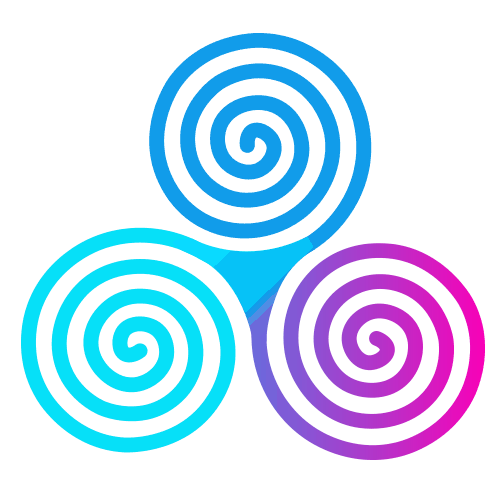Positive Minds Create Positive Lives
offers a proven framework to build a healthy lifestyle and is accompanied by an online course to supplement your learning. You will learn about:- neuro-linguistic programming techniques
- meditation exercises
- guided visualisation

EBook
You can download it directly from Amazon into your Kindle and in just a few clicks you can start the change.
Hardcopy
If you like the pleasure of reading a real book, you can purchase the printed version also on Amazon and get it delivered directly at your doorstep.
What's inside
I will teach you valuable things that i have learned in over 20 years of study, travel and experience.
This is a preview of the book
First Chapter: FOREWARD
Before we became so advanced in our ability to travel and work or study anywhere in the world, we tended to live a simple existence within small communities where individuals in each community looked after one another. We nursed the old and the sick and everyone helped to raise the children. Stress, negativity and loneliness were not pertinent problems.
However, that sense of community has been lost in the fight to be more, do more, and see more of the world. Many individuals work themselves into the ground and the only social outlet for the few who are privileged is a weekly yoga class or personal training session. Many older individuals who have no family will visit their doctor consistently with small ailments just out of hunger for human connection.
Our healthcare systems are often evidence of this lack of connection between individuals. Caregivers need to understand the importance of the human connection and establish rapport in helping someone overcome an illness/injury or achieve a goal. Instead, healthcare professionals tend to learn the science behind what makes the body function and how to fix the problems that come up with little emphasis on seeing the patient as a whole being. As a society, we tend to rely on our textbook knowledge and often have little time for—and place little importance on— connecting with people.
Here and there continues to be the proof of the existence of something we cannot explain, which often, not always, allows someone to beat the odds while others with less extreme cases get worse or die. We seem to be missing the point when it comes to how we treat each other, how we choose to live our lives and how our caregivers treat patients/clients. While we cannot dispute the importance of traditional methods of healthcare, we are finding more and more that patients defy the odds through non-traditional methods. Studies are continuing to prove that it is the merging of the two methods that provides the most benefit. Our mindset, whether it be positive or negative, has been shown to have a significant influence on our health and happiness.
As a result of my years of experience with clients and patients, I have come to realize that you cannot treat the body excluding the mind. Often, the mind is the root cause of the problem, and the problems of the body are only the symptoms.
It is a combination of treating the mind and the body as well as maintaining strong human bonds and relationships which is the key to keeping us well and living longer and happier lives.
My earliest recollection of this idea was at university when a friend was diagnosed with non-Hodgkin lymphoma at the age of 20. Her doctor, upon giving her the diagnosis, quickly informed her she would not live to see her 21st birthday and that phrase has stayed with me ever since. She fought the disease tirelessly and was desperate to prove the doctor wrong. Needless to say, she DID make it to her 21st birthday.
Her family and friends threw a huge party to celebrate the success of her battle with cancer. However, within days of the celebration her condition deteriorated rapidly and she died a week later. It was as though she had a deadline she had to make and she was able to push for that length of time, but gave up once she had reached her goal of making it to her 21st birthday.
I remember feeling angry at that time because the doctor had made such a remark at what was a crucial point in her understanding of her prognosis. If she could persevere to reach her goal of getting to her 21st birthday, what would have happened if the goal had been to graduate university or have children? Could she have held on for longer if the doctor had not put an expiration date on her life? It was like something had been taken away from her but I was not sure what that ‘something’ was—hope, aspiration, drive?
This moment in my early university studies fueled my need to continue my education towards becoming a physical therapist, but to become a therapist who actually empowers and pushes patients to challenge the limits of what they thought they could achieve or what science told them they were capable of. I have realized through this mindset that by changing people’s attitude towards their illness or injury, one can change what they feel they are able to do and the actual prognosis will often be better.
For instance, imagine having a herniated disc in your back and a doctor says, “That’s a very large protrusion and I will be surprised if you are able to manage this without surgery.” Another doctor says ......

